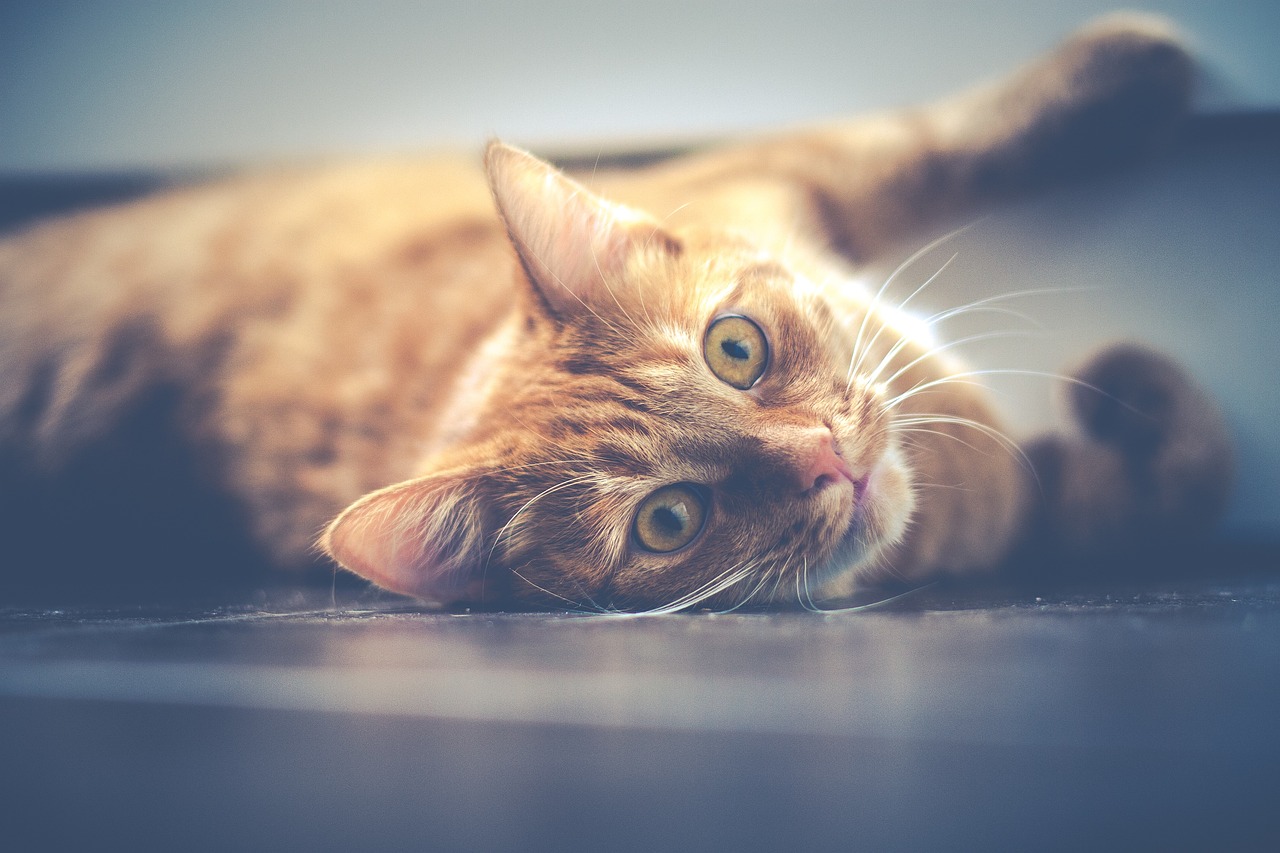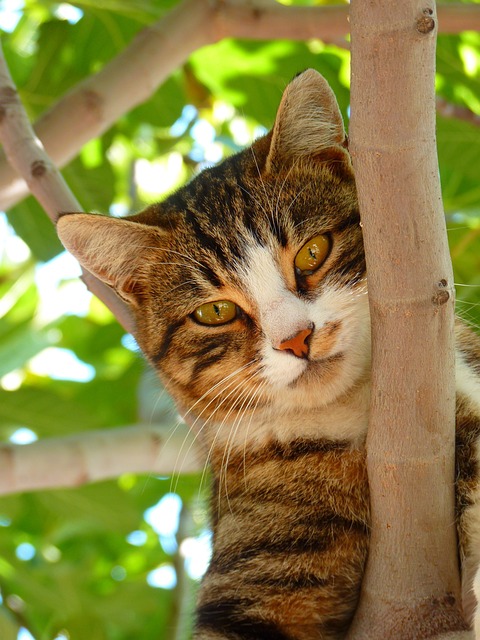Feline gastrointestinal disorders are some of the most common cat diseases. They can be a source of significant concern for cat owners. Understanding the symptoms, treatment options, and preventive measures is crucial for ensuring the health and well-being of our beloved feline companions. In this comprehensive guide, we’ll delve into the world of feline gastrointestinal disorders, exploring common conditions, diagnosis methods, treatment approaches, and preventative strategies.
Common Feline Gastrointestinal Disorders:
- Gastritis: Gastritis, characterized by inflammation of the stomach lining, can cause discomfort and distress in cats. Symptoms may include vomiting, loss of appetite, and abdominal discomfort. Veterinary diagnosis and treatment are essential, often involving dietary modifications and medication to alleviate symptoms and promote healing.
- Inflammatory Bowel Disease (IBD): IBD is a chronic condition characterized by inflammation of the digestive tract. Cats with IBD may experience vomiting, diarrhea, weight loss, and lethargy. Diagnosis typically involves a combination of physical examination, bloodwork, fecal analysis, and sometimes biopsy. Treatment may include dietary changes, medications to reduce inflammation, and supportive care.
- Gastrointestinal Parasites: Parasites such as roundworms, tapeworms, and hookworms can wreak havoc on a cat’s gastrointestinal system. Symptoms may vary but can include diarrhea, vomiting, and weight loss. Regular deworming and preventive measures are essential to keep parasites at bay. Your veterinarian can recommend appropriate deworming protocols based on your cat’s lifestyle and risk factors.
- Intestinal Blockages: Intestinal blockages can occur when foreign objects or masses obstruct the digestive tract. Cats may exhibit symptoms such as vomiting, abdominal pain, and lethargy. Prompt veterinary intervention is crucial to prevent complications such as tissue damage and perforation. Treatment may involve surgery to remove the obstruction and restore normal gastrointestinal function.
Diagnosis of Feline Gastrointestinal Disorders:
Diagnosing feline gastrointestinal disorders often requires a combination of physical examination, laboratory tests, and imaging techniques. Your veterinarian may recommend bloodwork, fecal exams, X-rays, ultrasounds, or endoscopy to evaluate your cat’s digestive health and pinpoint the underlying cause of symptoms.
Treatment Approaches for Feline Gastrointestinal Disorders:
Treatment for feline gastrointestinal disorders varies depending on the specific condition and its severity. Medications such as antibiotics, anti-inflammatories, and anti-parasitics may be prescribed to alleviate symptoms and address underlying inflammation or infection. Dietary management, including prescription diets and supplements, can help soothe the digestive tract and promote healing. In severe cases or when conservative measures fail, surgical intervention may be necessary to address complications such as intestinal blockages or severe inflammation.
Preventative Measures and Lifestyle Changes:
Preventing feline gastrointestinal disorders begins with proactive care and attention to your cat’s overall health and well-being. Providing a balanced diet, minimizing stress, and maintaining a clean and enriching environment can help support your cat’s digestive health. Regular veterinary check-ups and preventive care, including deworming and vaccinations, can help detect and prevent gastrointestinal issues before they escalate.
Conclusion
Feline gastrointestinal disorders pose significant challenges for both cats and their owners. By understanding the symptoms, treatment options, and preventative measures, we can take proactive steps to safeguard our feline companions’ digestive health and overall well-being. Remember, early detection and veterinary intervention are key to managing gastrointestinal disorders and ensuring a happy and healthy life for your cat. Stay informed, stay vigilant, and prioritize your cat’s digestive health as part of their comprehensive care regimen.






